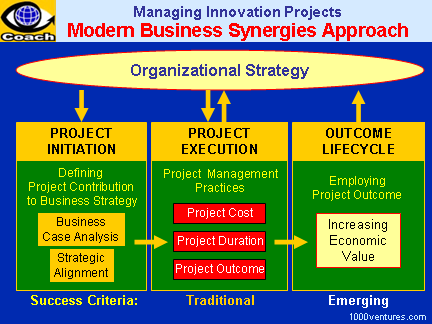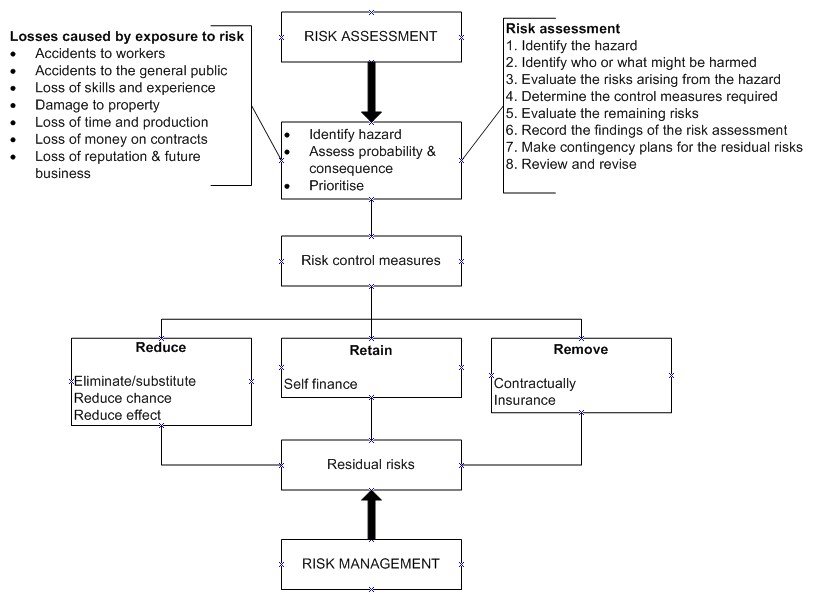
An approved form issued by an insurance provider must contain a USDA RMA statement. RMA regulations are intended to promote, support, regulate and regulate risk management strategies. They also strengthen the economic stability of American agricultural producers. These are just a few examples of RMA statements. These are some facts about RMAs:
Information about Risk Management Agency
The United States Department of Agriculture established the Risk Management Agency in 1996 to assist agricultural producers with their financial risks and help them better understand crop insurance and other risk management tools. These programs allow farmers to improve their financial security as well as gain access federal crop insurance. Find out more information about RMA by visiting the links and resources provided below. RMA has many programs and websites that can help producers manage risk. To learn more about the USDA's programs, you can visit their website.

Products
USDA offers many agricultural insurance and risk management programmes to aid farmers in combating water stress and conserving limited water resources. These products are aimed at addressing key challenges facing the agricultural industry, including irrigation efficiency and climate-smart practices. Producors can reduce costs by increasing the efficiency and effectiveness of their irrigation systems. They can increase drought resilience by improving crop nutrition and soil health. Here are some examples:
Actuarial data
The U.S. Department of Agriculture releases actuarial data on certain commodities on a weekly basis, monthly basis, and annually. These data are made available before the commodity's contract date. Sometimes, multiple contract change dates may exist for a commodity in the United States. The data on a mapping map may not be available at all if that is the case. The data will still be available once it has been populated.
Responsibilities for policyholders
Farmers should be familiar with USDA's Risk Management Agency (RMA) policyholder responsibilities. The agency provides top-quality risk management tools for rural America. The policyholder has certain responsibilities. These include notifying USDA about any possible claims, submitting annual payments reports and reporting violations. Below is a list. Visit the USDA website to learn more about protecting your crops.

Contact information
The RMA is an agency of the U.S. Department of Agriculture that administers the Federal crop insurance program. It is a completely owned government corporation, with an appointed board. This board reviews new policies and makes major adjustments to existing plans. Its members consist of six private sector members and three USDA members. USDA members include Chief Economist, Under Secretary for Farm and Foreign Agricultural Services and RMA Administrator. Private sector members consist of four farmers and an insured professional with knowledge in reinsurance.
FAQ
How can we make our company culture successful?
A culture of respect and value within a company is key to a productive culture.
It's based on three main principles:
-
Everybody has something to offer.
-
People are treated fairly
-
Respect is shared between individuals and groups
These values reflect in how people behave. They will treat others with respect and kindness.
They will respect the opinions of others.
And they will encourage others to share ideas and feelings.
In addition, the company culture encourages open communication and collaboration.
People can freely express their opinions without fear or reprisal.
They are aware that mistakes can be accepted if they are treated honestly.
Finally, the company culture promotes honesty and integrity.
Everyone knows that they must always tell the truth.
Everyone recognizes that rules and regulations are important to follow.
People don't expect special treatment or favors.
What role can a manager fill in a company’s management?
Different industries have different roles for managers.
Managers generally oversee the day-today operations of a business.
He/she is responsible for ensuring that the company meets all its financial obligations and produces the goods or services customers want.
He/she ensures that employees follow the rules and regulations and adhere to quality standards.
He/she is responsible for the development of new products and services, as well as overseeing marketing campaigns.
What are some common mistakes managers make?
Sometimes, managers make their job more difficult than it is.
They may not delegate enough responsibilities and not provide sufficient support.
Additionally, many managers lack communication skills that are necessary to motivate and direct their teams.
Some managers create unrealistic expectations for their teams.
Managers may prefer to solve every problem for themselves than to delegate responsibility.
Statistics
- The average salary for financial advisors in 2021 is around $60,000 per year, with the top 10% of the profession making more than $111,000 per year. (wgu.edu)
- The profession is expected to grow 7% by 2028, a bit faster than the national average. (wgu.edu)
- This field is expected to grow about 7% by 2028, a bit faster than the national average for job growth. (wgu.edu)
- The BLS says that financial services jobs like banking are expected to grow 4% by 2030, about as fast as the national average. (wgu.edu)
- UpCounsel accepts only the top 5 percent of lawyers on its site. (upcounsel.com)
External Links
How To
How can you apply 5S to your office?
To make your workplace more efficient, organize everything. A tidy desk, a clean room and a well-organized workspace will help everyone be more productive. The five S’s (Sort. Shine. Sweep. Separate. and Store) all work together to ensure that every inch is utilized efficiently and effectively. This session will go over each of these steps and show how they can be used in any setting.
-
Sort. You can get rid of all papers and clutter, so you don’t waste time looking for what you need. You should place things where you are most likely to use them. It is a good idea to keep things near where you are most likely to refer to it. You should also consider whether you really need to keep something around -- if it doesn't serve a useful function, get rid of it!
-
Shine. You should get rid of any items that could be harmful or cause injury to others. It is possible to have too many pens around and not be able to safely store them. A pen holder might be a good investment, as it will prevent you from losing pens.
-
Sweep. Keep surfaces clean to avoid dirt building up on furniture or other items. You might want to purchase dusting equipment in order to make sure that every surface is as clean as possible. To keep your workspace tidy, you could even designate a particular area for dusting and cleaning.
-
Separate. You will save time when disposing of trash by separating it into separate bins. Trash cans are placed in strategic locations throughout the office so you can quickly dispose of garbage without having to search for it. Make sure that you take advantage of this location by placing trash bags next to each bin so that you don't have to dig through piles of trash to find what you need.